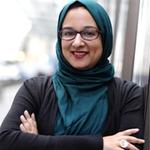Why the Five Pillars of Islam are the Strongest Foundations of Our Faith
Faith
|
Feb 3, 2020
|
8 MIN READ

Editorial note: This month we are running a series focusing on foundations – how we can build solid foundations across all areas of our life to help ground us so that we can embrace all that our deen (religion) and dunya (the world) have to offer us. We will be covering foundations of marriage, faith, your morning routine, relationships, mental health/self care, technology, hijab and other areas. Each focus could really be a book, but we will try and break it down into the most useful, attainable and basic things we can do to build critical foundations in our lives.
I struggle with a lot of things in my life with the practice of my faith. And, like I suspect with many of you, staying strong on the basic practices of Islam can get twisted up for me in the minutia of Islam. How many of us get stuck in the details trying to understand how our faith applies to so many of our life choices and issues that unfold in front of us?
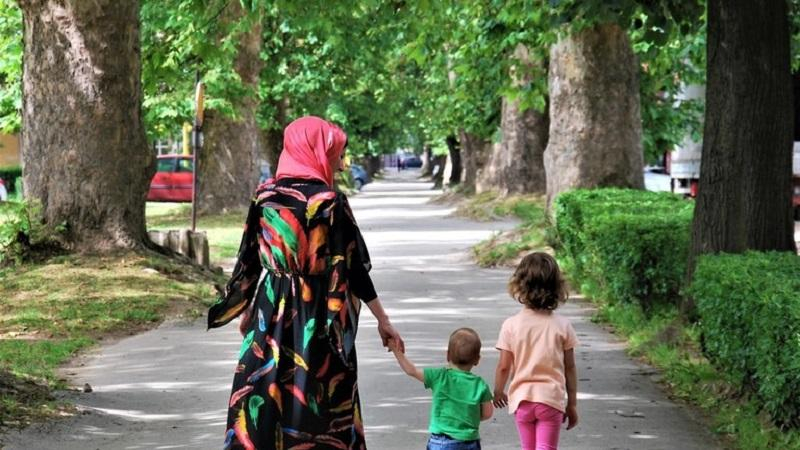
I know I get questioned by my children all the time about why this? Or, how come Allah (S) in the Quran says that? These are important and good discussions to have and work through, but sometimes I have to tell myself and my kids – we are wondering and debating so many things, but did you actually pray your five prayers today? Have you reflected on what it means to believe in the shahada?
As we’ve spent a lot of time of late here on the Haute Hijab blog reflecting on how to build strong foundations across different areas of our lives, I want to dial it back a moment and reflect on that which we’ve been taught about Islam since most of us were little children – the five pillars, or core beliefs and practices, of Islam.
One of the many beautiful things about Islam is how at it’s most basic, it’s organized into five pillars of faith: shahada (testament of faith), salah (prayer), zakat (annual giving of alms), sawm (fasting in Ramadan) and the Hajj pilgrimage. These five strong building blocks are already laid out for us to practice, follow and believe in. Each is truly a beauty and life lesson to help ground us in humanity and in the worship of Allah (S) and His word.
I often find myself coming back to the five pillars in discussions with myself and my children to remind us how important it is for us to keep these foundations strong as we puzzle through everything else.
Shahada
La ilaha illallah Muhammadur Rasulullah – There is no God but Allah (S), and Muhammad (saw) is His messenger. There are a few key things to remember about the shahada. To be a Muslim is to recite and believe in this statement. There is nothing else one must do to convert to Islam or declare themselves as Muslim than recite the shahada. In reciting this, you are saying that you accept as the truth that Allah (S) as the ONLY God and that Muhammad (saw) is His prophet.

If you think about it, it’s such an extraordinary short and simple statement that encompasses all of what it means to be Muslim. To believe that Allah (S) is ALL knowing, ALL powerful and ALL merciful, and it’s to accept that He will never put anything in your life except that it meant to be, even in times when it’s difficult to understand or pains you or your loved ones.
To believe the shahada is to believe that Allah (S) knows and understands that no problem is ever too big for Him, and we should always turn to Him in supplication whenever we are in need. We debate and ponder so many aspects of our faith, but it all boils to belief in Allah (S) as the one and only God and belief in Muhammad (saw) as His prophet. From that comes everything else. Think of it like that major block that you need to stand everything else upon.
Reciting the shahada (and having them recite it back to me) was something I instilled in my morning waking-up routine with my children from when they were very little. Even with D, my 19-year-old autistic son who is nonverbal (but not non communicative), I start the day by reciting the shahada to him. Some days I can get him to say portions of it back to me in his own type of language. ❤
Salah
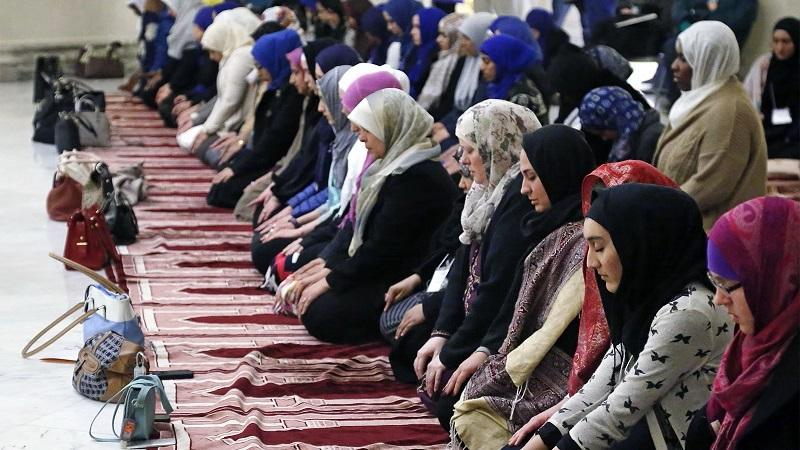
Salah, or prayer, is probably one of the most fundamental and recognized rituals of faith in Islam. In fact, it is often described as the differentiator and what makes a Muslim, Muslim (outside of the shahada). Salah is definitely the one act of worship that we all must guard – but it can be a struggle! There are so many tips out there about how to solidify your salah habits or find more meaning in your prayer. Maybe you go through years when you are solid in your salah and others when you slip.
If you think about why salah, it connects with so many of the things recommended to us in mental health practices – pausing five times each day to center ourselves in front of Allah (S), bow down to Him, give thanks for what we are given and beseech him with our worries and where we need His help. As I tell my kids, each prayer is a direct conversation with Allah (S) with no intermediaries. How beautiful is that? We are gifted with five opportunities every day to have a dedicated conversation with Allah (S), to bow our heads in submission and remind ourselves that He knows what we do not.
Even the act of prostration is so humbling and beautiful, My fellow HH writer Layla Abdullah-Poulos told me that as her physical condition has changed, she’s struggled with the act of making salah. “I have sciatica and arthritis, so I have to sit. And, I feel a disconnect because I can’t make full sajdah.”
When I was a kid and my mom caught me rushing through or sometimes missing/skipping prayers, she took out a timer and timed how long it took to do each one. “If you add up the times together,” she told me, “It’s hardly a matter of 15-20 mintues or less. You can’t spare 15 minutes broken down throughout your day to pause and pray to Allah (S)?”
Zakat
I started giving zakat when I got my first full-time job as an adult. Though I was still living with my parents, I was now earning the minimum amount of wealth that I could hold for a year. That is, in fact, the criteria if who must give zakat – all Muslim adults who are sane and possess the nisab (minimum amount of wealth held for a year). There are rules and details to know about the giving of zakat how much and to whom, detailed here and here.
The word “zakat” means to “to purify,” and so in the act of giving from our own wealth to those in need, we are helping purify our own earnings/savings as well as our hearts from becoming too attached to worldly life. Those who receive zakat certainly benefit, but what a wonderful gift this is to those of us who are able to give zakat! That charity is built into the fundamentals of our faith speaks volumes as to what is expected of us as fellow neighbors and members of a global community.
Sawm
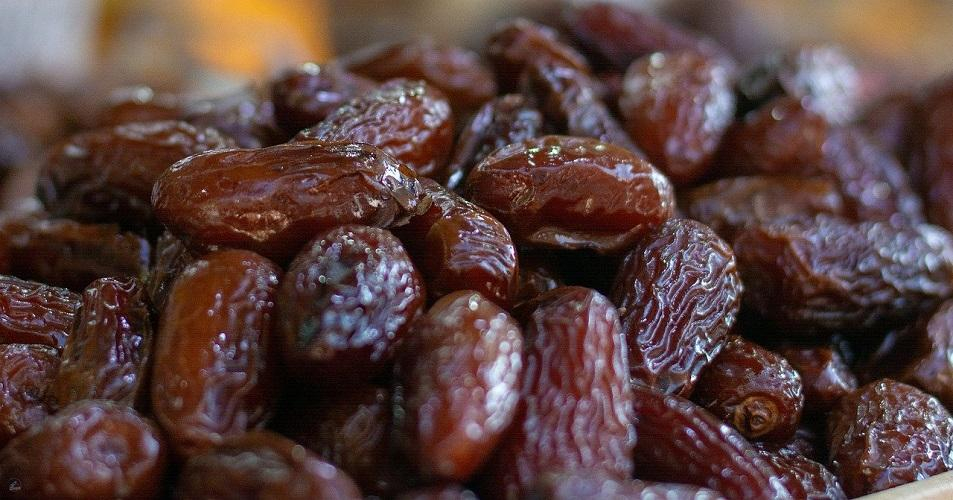
Sawm, or fasting, is also one of the most recognized parts of Islam and probably my most favorite (fasting in Ramadan). As with the other pillars of Islam, if you strip fasting down to its most basic, it establishes our God-connection through our obedience to His decree that we fast in Ramadan. And why did God decree for us to fast from sun-up to sun-down for 29-30 days? We can look to Surah Baqarah:
Oh you who believe, fasting is prescribed for you as it was prescribed for those before you, that you may become righteous. (2:183)
Fasting, or deprivation from food and drink (but not just!), is a means to righteousness. I love fasting for many reasons – that it has me physically feeling hunger, thirst, tiredness and more, as felt by many people around the world on a daily basis. I love it because I am reminded that simply abstaining from food and drink (and intimacy) isn’t enough. We must abstain from sin and bad habits, letting go of petty concerns and worldly thoughts.
Here in the West where it’s business as usual while we fast, I appreciate it even more – the challenge of keeping on with life while refraining from that which Allah (S) asks me to refrain from; to focus on ridding myself of bad habits and centering myself more in God-consciousness.
It may sound like I know how to always get into the fasting zone. That’s so not the case! There are years when my Ramadan fasts have felt hollow, when familial challenges, particularly helping my son manage his autism, have rendered me undone as I try and fast. But it’s in the struggle and trying that I do find comfort and closeness with Him. And that becomes such an important foundation for all of us.
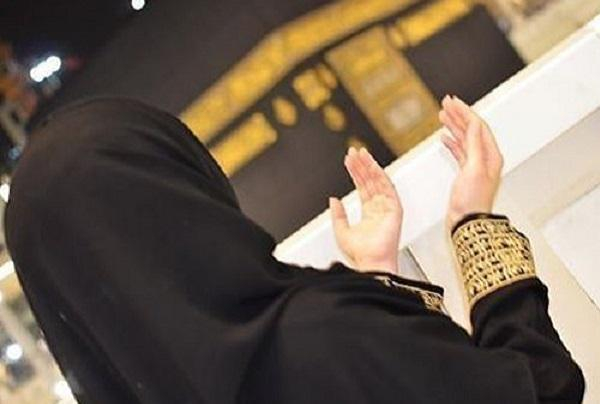
Hajj Pilgrimage
The last pillar of Islam requires of us to strive towards a certain bedrock once in our lifetime. To perform the Hajj pilgrimage is to strip ourselves of everything and return to that newborn state before Allah (S). If you’ve been blessed with the opportunity to go for Hajj, you know what I mean when I say it’s the ultimate reset button. What I especially love about this pillar is how, as with pretty much everything in Islam, it is laid out in such an easy fashion for us: Only if you are physically and financially able are you required to fulfill this pillar of Islam.
To perform the Hajj is to bare one’s soul before Allah (S) and come back renewed and wiped clean to continue on with life. It's a foundation that offers you ultimate forgiveness and mercy and brings the angels down to your level to hear your prayers (on the day of Arafat) – what could be more glorious? But Allah (S) is most merciful and understanding, and that’s why this pillar is made obligatory for those who can afford it. Those of us who are not at Hajj are also given the opportunity to gain forgiveness on the day of Arafat (the day before Eid ul Adha) wherever we are by fasting or engaging in other acts of worship!
These five pillars, these foundations prescribed to us by Allah (S), are laid out plain and simple before us. If we can return our focus to making sure we are solid in these five things, which retires a lifetime of dedication and work, we can’t go wrong. They cover all areas of our lives and well being, from the internal spirituality and faith to the external forms of worship and even to the communal benefits. There are no better building blocks for us to build our lives upon.
Subscribe to be the first to know about new product releases, styling ideas and more.
What products are you interested in?

